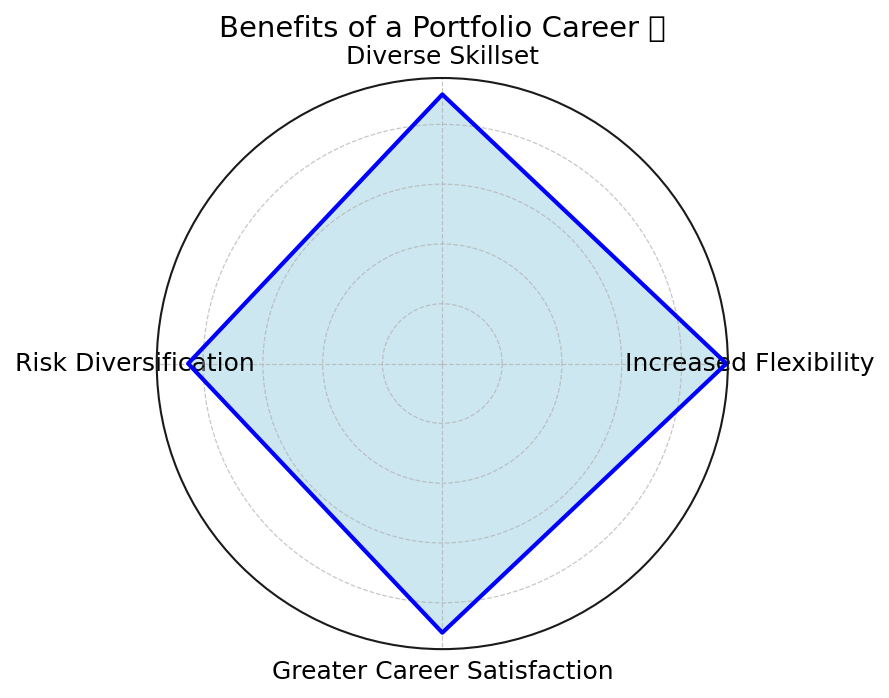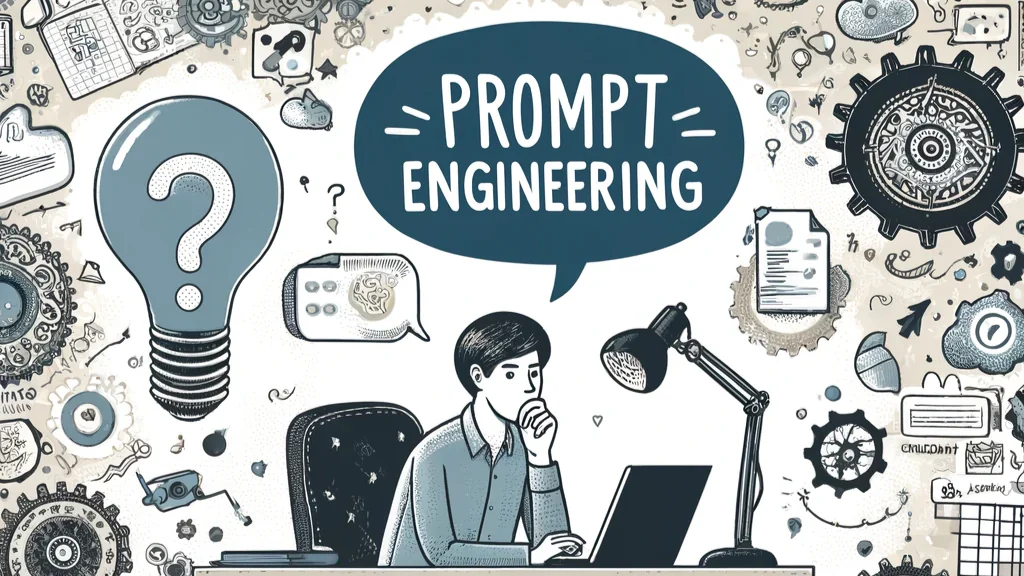What is a Portfolio Career? 💼📚
A portfolio career is not a single job or a traditional career path; instead, it’s a combination of various roles, freelance gigs, side projects, and consulting opportunities. Professionals with portfolio careers often work in different industries or fields simultaneously, allowing them to diversify their skills and income streams. The beauty of a portfolio career is the flexibility it offers: no longer do you have to be tied to one company, position, or job description.
Why Are Portfolio Careers on the Rise? 🚀
There are several key reasons driving the rise of portfolio careers:
-
Technological Advancements 🌐: The internet and technology have made it easier for professionals to work remotely, collaborate across borders, and find new opportunities without geographical constraints.
-
The Gig Economy 💼: The gig economy has expanded significantly, with millions of people worldwide opting for short-term or freelance contracts.
-
Desire for Autonomy 🔑: Many individuals are seeking more control over their work-life balance, preferring to work for themselves.
-
Shifting Values Around Work 🧭: There’s also a growing desire to engage in work that is meaningful, creative, and aligns with personal values.
Emerging Professions and Skills for the Portfolio Career 💡
As the workforce continues to evolve, certain skills and professions are gaining prominence in the world of portfolio careers. Here are a few noteworthy ones:
-
Digital Marketing and Social Media Management 📱
-
Software Development and Web Design 💻
-
Creative Roles (Photography, Design, Writing 🎨)
-
Consulting and Coaching 📊
-
Education and Online Courses 🎓
-
E-commerce and Entrepreneurship 🛒
Benefits of a Portfolio Career 🎉
-
Increased Flexibility ⏰: Set your own hours and choose the projects you work on.
-
Diverse Skillset 🔧: Continuously grow a diverse skill set while adapting to new technologies.
-
Risk Diversification 💼: Spread your income sources across multiple streams.
-
Greater Career Satisfaction 😃: Enjoy variety and personal fulfillment in your work.

Challenges and Considerations in Building a Portfolio Career ⚖️
While there are many benefits, there are also challenges to consider:
-
Time Management ⏳: Juggling multiple projects can lead to burnout if not managed properly.
-
Income Stability 💸: Income can be inconsistent, especially in the early stages.
-
Lack of Benefits 🏥: Freelancers must seek their own health insurance and retirement plans.
-
Self-Discipline and Motivation 💪: Working independently requires a high degree of self-motivation.
The Future of Portfolio Careers 🔮
The future of work is undeniably changing, and portfolio careers are becoming an increasingly viable and attractive option for many professionals. As remote work, freelancing, and entrepreneurship continue to rise, portfolio careers will likely become more mainstream.
Conclusion: Embrace the Future with a Portfolio Career 🌱
In an era marked by constant change, the rise of portfolio careers offers an exciting opportunity to design a career that suits your passions, skills, and lifestyle. While it may come with its challenges, the rewards of flexibility, diverse experiences, and personal growth are undeniable.






